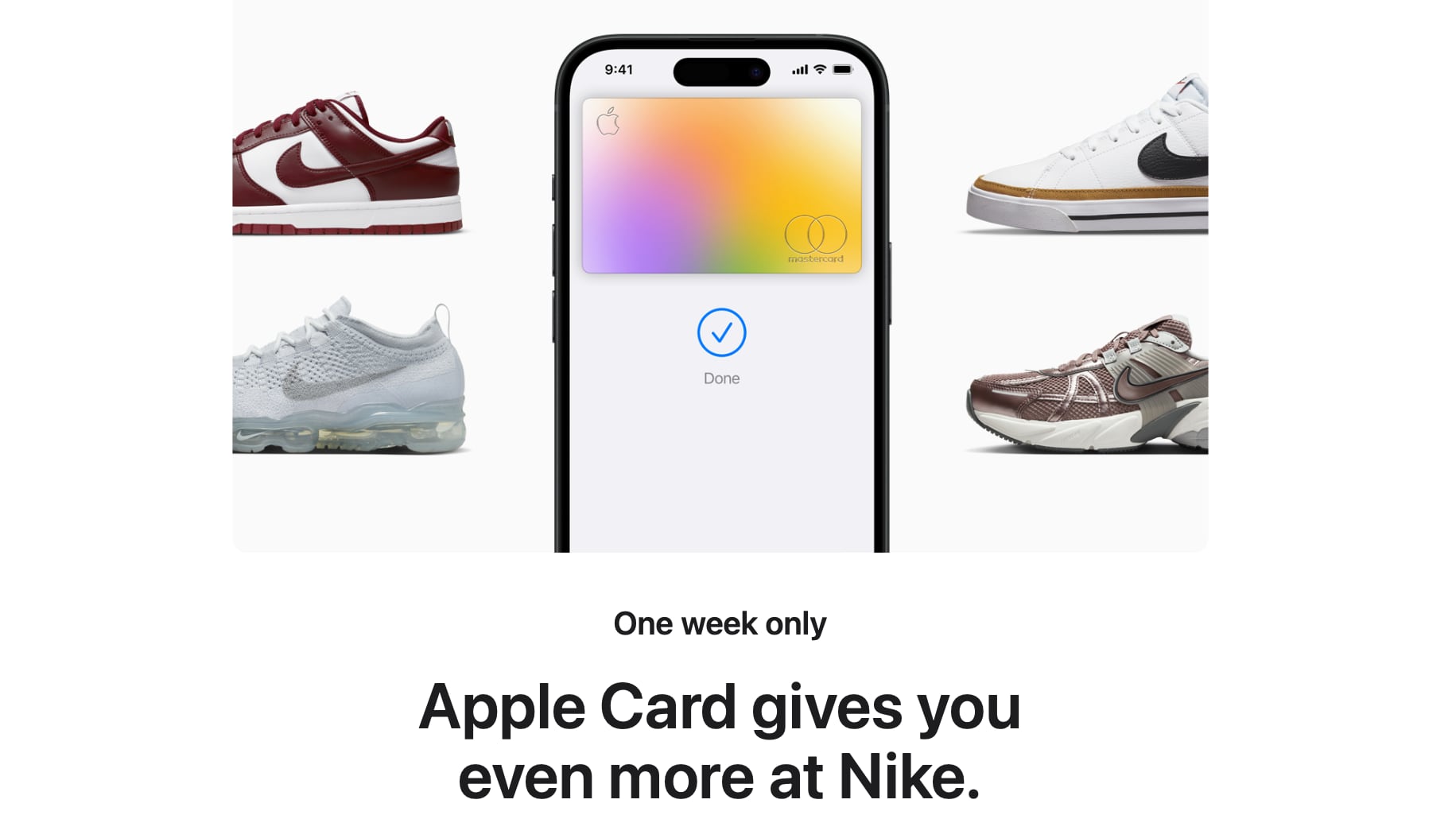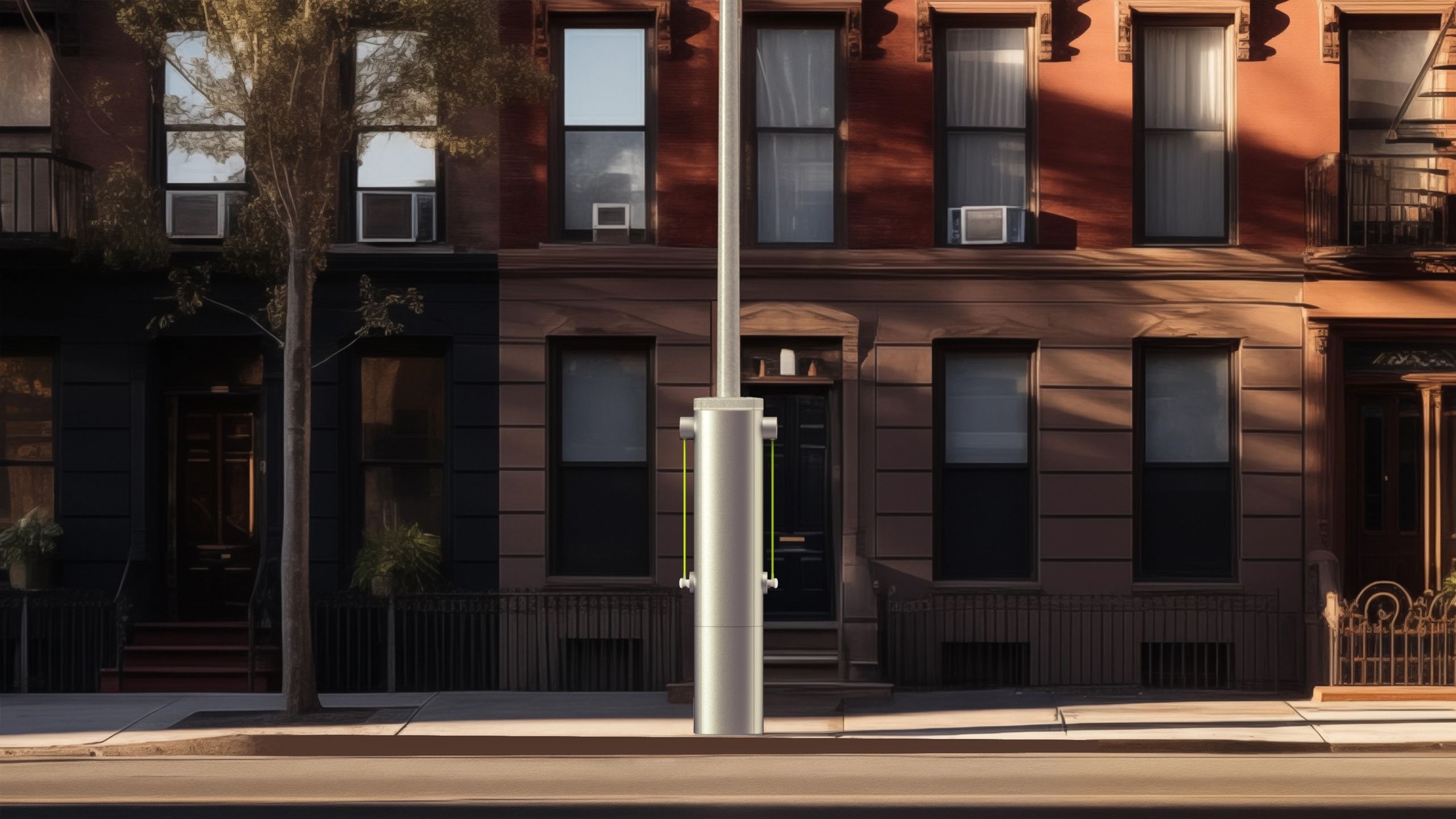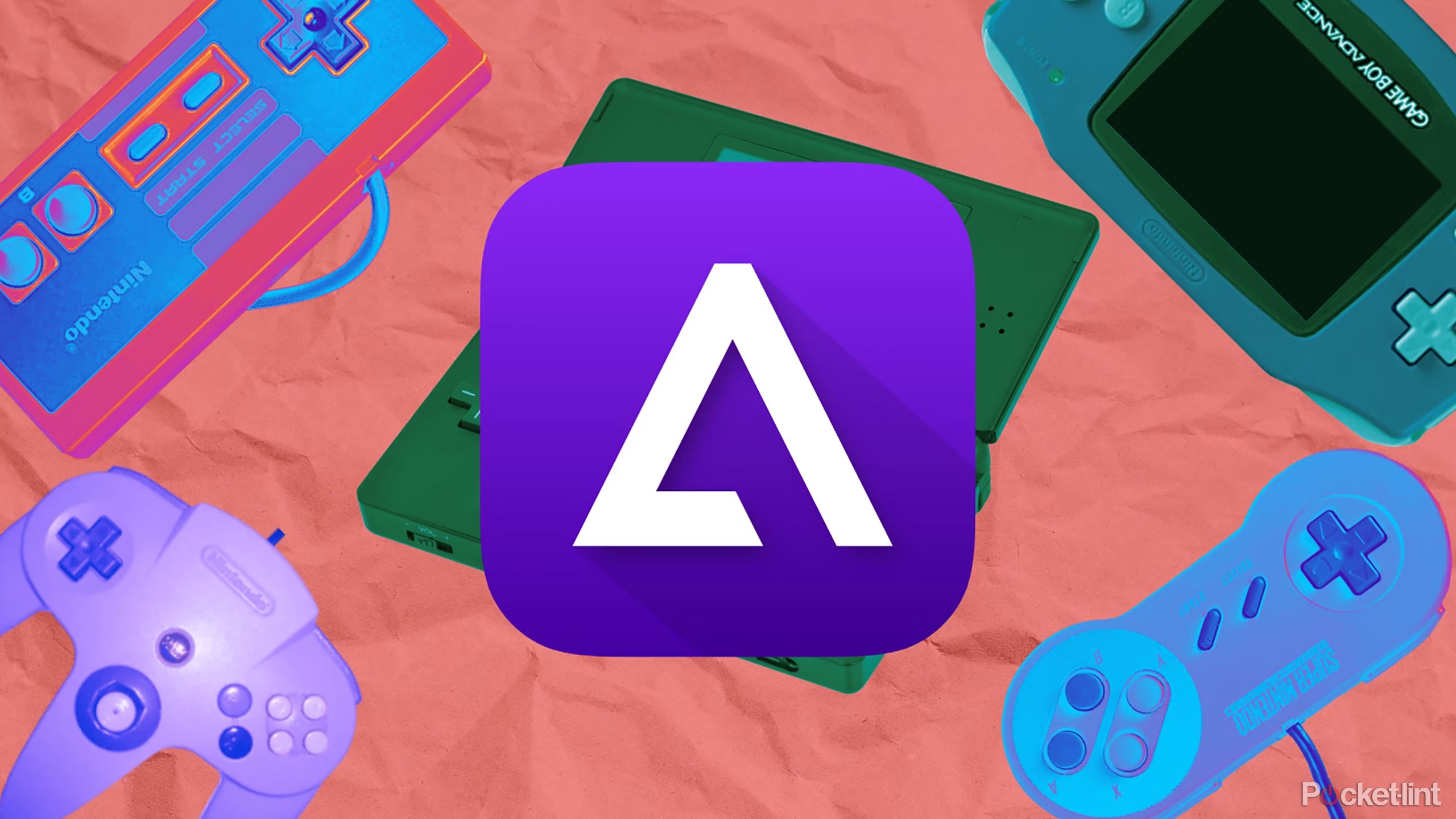Top 10 biggest deals of 2014: From Facebook-WhatsApp to Flipkart-Myntra

The year has been epic for many reasons, and with respect to business acquisitions in the technology space, there was no dearth in headlines. The tech industry kept us folks busy, and often running. The monumental Microsoft-Nokia acquisition, which was announced last year, saw a closure bringing an end to a long emotional era. BlackBerry’s efforts to revive, after calling off the deal with Fairfax last year, was both discussed and observed with anticipation all through this year. Today, as we close the books to another year, we take a look at the big acquisitions that were announced this year, which will play an important role in shaping the technology, and how we use it in the future.
Facebook-WhatsApp ($22 billion)
Social giant Facebook’s announcement in February to acquire WhatsApp has to be on top of the list this year. The coming together of two of the most influential companies in the digital communication space means huge changes in the years to come. WhatsApp flaunts of 600 million monthly active users and Facebook boasts of 1.35 billion monthly active users.
Facebook has rolled out many new features, tweaked their privacy basics, pimped out their video section, and basically done everything in their power to tell people that they are not here to mess around. WhatsApp has been on a steady rise too. Now, it is even tipped to introduce voice calls in 2015. It will be interesting to see how Facebook eventually makes WhatsApp into a profitable entity though. Nevertheless, collectively, their power to influence is dangerously global.
Google-Nest ($3.2 billion)
The search giant paid nearly $3.2 billion to buy Nest Labs, a company which makes ‘smart’ thermostats and smoke alarms for homes. Google in a statement explained, “We expect that the acquisition will enhance Google’s suite of products and services and allow Nest to continue to innovate upon devices in the home, making them more useful, intuitive, and thoughtful, and to reach more users in more countries.”
Google further asserts that Nest will retain its identity, but we cannot help but speculate over Google’s plans to integrate its software into smart homes in the future. At the time of the deal, Google CEO Larry Page had said, “Nest’s founders, Tony Fadell and Matt Rogers, have built a tremendous team that we are excited to welcome into the Google family. They’re already delivering amazing products you can buy right now–thermostats that save energy and smoke/CO alarms that can help keep your family safe. We are excited to bring great experiences to more homes in more countries and fulfill their dreams!”
Apple-Beats ($3 billion)
Apple surprised everyone when they announced their plans to acquire Beats Music and Beats Electronics in May. As part of the acquisition, Beats co-founders Jimmy Iovine and Dr Dre joined Apple. The tech giant paid for the two companies a total of $3 billion, consisting of a purchase price of approximately $2.6 billion and approximately $400 million that will vest over time. Beats Music has an Android app which means for the first time, Apple owns an Android-based product.
Tim Cook provided some clarity on the reason behind the acquisition saying, “Music is such an important part of all of our lives and holds a special place within our hearts at Apple. That’s why we have kept investing in music and are bringing together these extraordinary teams so we can continue to create the most innovative music products and services in the world.” Recent reports indicate that Apple is planning on rebranding Beats Music, and integrating the streaming service into iTunes.
Lenovo-Motorola ($2.9 billion)
After the merger, the duo is now the third largest company in the global smartphone market. Lenovo announced the deal in January and it was believed that Motorola must be heading down the cliff. Over the course of the year however, Motorola proved everyone by the huge success of its affordable Moto G.
In this year itself, Motorola also introduced the second generation Moto G, which was an improvement over the original. The Indian market welcomed all Motorola handsets with a warm hug, and it was recently even revealed that the Moto G was the most searched tech word in 2014. Looks like, Lenovo’s risk paid off. Lenovo has recently also told BGR India that it will be launching an aggressively priced 4G smartphone in India.
Facebook-Oculus Rift ($2 billion)
In July, Facebook announced that it was buying Oculus Rift, a virtual reality company that got its initial funding and fame from Kickstarter. Founder Mark Zuckerberg made the announcement that it was bought for $2 billion dollars, and wrote on his Facebook page, “I’m excited to announce that we’ve agreed to acquire Oculus VR, the leader in virtual reality technology. They build virtual reality technology, like the Oculus Rift headset. When you put it on, you enter a completely immersive computer-generated environment, like a game or a movie scene or a place far away. The incredible thing about the technology is that you feel like you’re actually present in another place with other people. People who try it say it’s different from anything they’ve ever experienced in their lives.”
Zuckerberg also asserted that Oculus will operate separately, but it will be interesting to see how it plans to integrate its social media offering into the virtual reality world. This acquisition testifies Facebook’s belief into virtual gaming as the trend in the near future.
Rakuten-Viber ($900 million)
Japanese Internet giant Rakuten announced its acquisition of VoIP app maker Viber for $900 million in February. In an official statement, CEO Hiroshi Mikitani said, “I am tremendously excited to welcome Viber to the Rakuten family. Viber delivers the most consistently high quality and convenient messaging and VoIP experience available. Additionally, Viber has introduced a great sticker market and has tremendous potential as a gaming platform.”
Viber, which has users in 193 countries, brought 300 million additional users to Rakuten’s network. Alternatively, Rakuten has 500 million users in 193 countries. Looks like both gained a lot from this deal.
Flipkart-Myntra (more than $300 million)
Flipkart announced its acquisition of Myntra in May, and this is monumental in the Indian ecommerce space. Flipkart’s stronghold in the overall ecommerce space grew leaps, and with competition like Amazon India and Snapdeal continuously innovating to stay relevant, more market reach will be a huge advantage. Flipkart currently is valued at $11 billion in latest round of funding of $700 million with investors from international companies like Qatar Investment Authority, Greenoaks Capital, Steadview Capital and T Rowe PriceAssociates.
Intel-Basis Science ($100 million)
Basis Science announced in March that it has been acquired by Intel. Basis Science, at that time sold the Basis smartwatch, which it called the world’s most advanced health tracker. The device not only captured the steps one took but also recorded heart rate patterns, motion, multiple sleep stages among other things continuously while the user was wearing the smartwatch. “We felt like the momentum Basis had generated on its own would only be greater with the technical, manufacturing, global reach and support resources Intel has to offer,” the company noted in its statement.
“The acquisition of BASIS Science provides immediate entry into the market with a leader in health tracking for wearable devices,” said Mike Bell, Intel vice president and general manager of the company’s New Devices Group in a joint statement issued by the two companies. “As we accelerate our position in wearables, we will build upon this foundation to deliver products that bring people greater utility and value. I’m confident that our collective resources and expertise positions us well for the future.”
After acquisition, Basis recently launched an advanced fitness tracker called Peak that claims to give accurate health and sleep data to its customers for $199.
Apple-IBM (partnership)
This is not an acquisition, but it is still a huge deal. In July, Apple and IBM announced a partnership to indulge the enterprise buyer. IBM will create many business applications for iPads and iPhones as well as sell IBM-app-loaded Apple products, which will then be supported by AppleCare. Apple CEO Tim Cook said to CNBC’s Josh Lipton, “It is landmark. It takes the best of Apple and the best of IBM and puts those together. There’s no overlap, there’s no competition. They’re totally complementary. And more than anything, it focuses on the enterprise customer. So this is all about transforming enterprise. Reinventing the enterprise. Taking big-data analytics down to the fingertips of people so they can spend the time making complex decisions, not running around and getting data.”
Just earlier this December, Apple and IBM delivered their first set of business-centric applications for iPhone and iPad users. The applications are targeted at verticals including retail, airlines, financial services, insurance, and government. The first wave of apps include Plan Flight – which helps airlines cut costs by allowing pilots to better decide how much fuel they must carry based on various factors – and Sales Assist – which enables sales associates to access customer profiles, make suggestions based on previous purchases, check inventory and locate items in-store.
Yahoo on acquisition spree
Since Marissa Mayer took the reins, Yahoo has gone company shopping too often to be true. In total Yahoo has acquired 112 companies, 55 of which have been in the last two years since Mayer came in the scheme of things. This year, Yahoo has acquired 17 companies. These include mobile messaging company Blink, messaging app MessageMe, virtual world gaming company Cloud Party and mobile analytics company Flurry. It also includes Bangalore-based tech startup Bookpad, which it bought in a deal worth around Rs 50 crore.
IMPORT:-BGRindia


